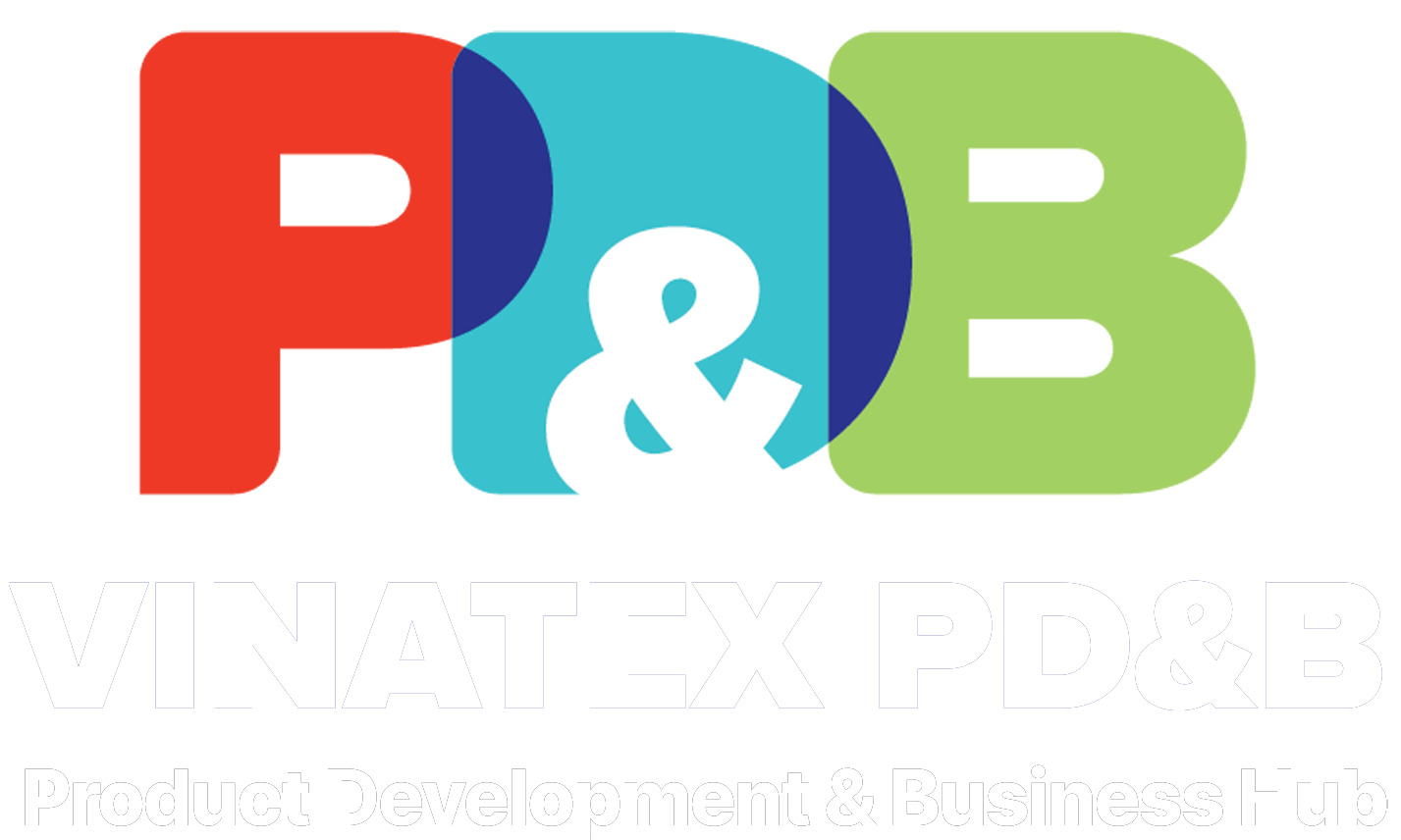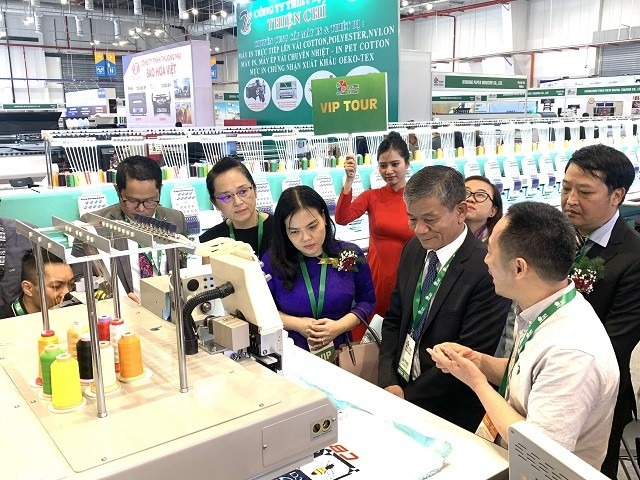26/06/2024
Will the Weak Demand “Cool Down” the Green and Sustainable Development Trend in the Textile-Garment Industry?
In the global fluctuation, the green and sustainable development trend is still the future trend. However, the current weak demand poses significant challenges for companies in implementing solutions for this trend. Fashion and sustainable material companies face difficulties in attracting investment and maintaining stable business operations.

Some sustainable development regulations in the EU have been postponed due to economic difficulties, leading to conflicts with the EU’s commitments to reduce negative environmental and social impacts. Despite delays in the short term, promoting green and sustainable development remains a long-term priority for the EU.
The recent bankruptcy stories of some sustainable material producers and fashion brands highlight the challenges of maintaining operations and meeting sustainability standards. Renewcell, a clothing recycling company, went bankrupt due to high costs and weak consumer demand. Express and The Body Shop also filed for bankruptcy due to economic difficulties and changing consumer habits.
The weak demand has caused the EU to slow down the implementation of some sustainable development regulations. These adjustments prioritize economic recovery but could impact the environment, society, and the EU’s reputation negatively. Regulations on synthetic fuel usage, corporate sustainability assessment, and sustainability report have been adjusted or postponed.
The textile garment industry faces significant obstacles due to the bankruptcy of pioneering sustainable production companies and the delay of regulation enforcement. However, this situation presents opportunities for learning and adaptation. Investing in green production and sustainable development is essential, especially as financial conditions are gradually improved in post-COVID-19. Research and development (R&D) can help companies create innovative solutions, optimize production, maintain competitiveness, and meet the sustainability demands of consumers.
Share:











